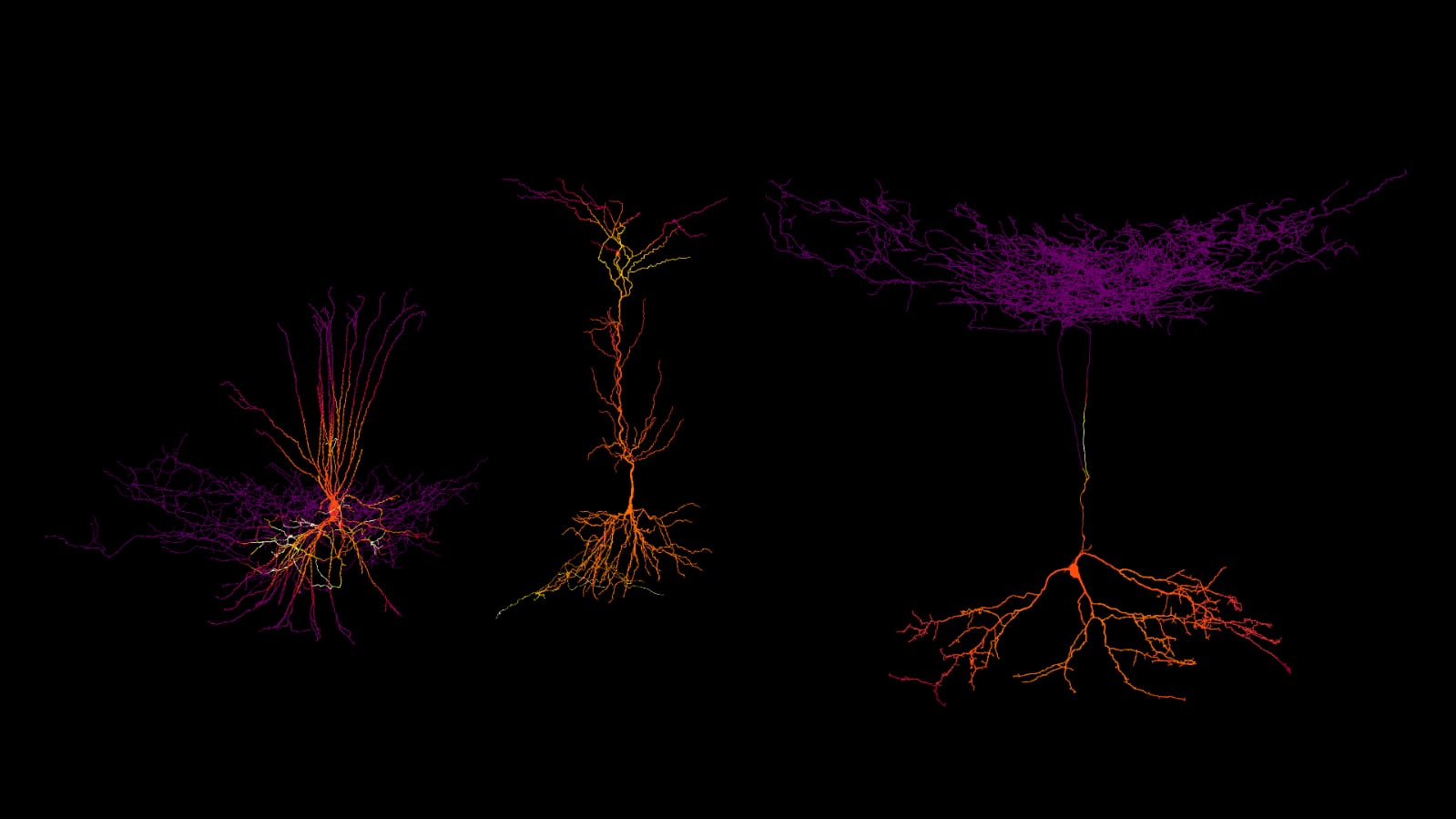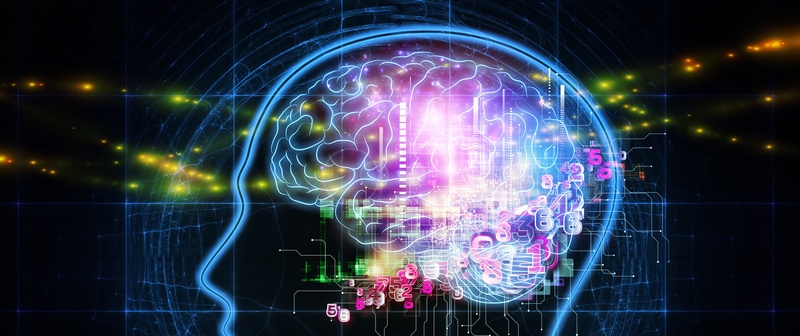Si svolgerà a Palermo dal 30 maggio al 3 giugno all’Hotel La Torre di Mondello l’edizione 2022 “EBRAINS Brain Simulation School”, cofinanziata dalla Commissione Europea. All’edizione 2022 parteciperanno più di 40 allievi provenienti da diversi Paesi europei ed extraeuropei e si confronteranno con un percorso formativo intenso, che alterna teoria e pratica sulle ultime innovazioni dell’infrastruttura digitale per la ricerca sul cervello (EBRAINS) creata nell’ambito del progetto Human Brain Project, uno dei tre progetti EU -Future and Emerging Technology, che coinvolge più di 500 scienziati e ingegneri di oltre 140 università, ospedali didattici e centri di ricerca in tutta Europa.

La Scuola è organizzata e diretta da Michele Migliore (Istituto di Biofisica, Consiglio Nazionale delle Ricerche) e da Aušra Saudargienė – Università Lituana di Scienze della Salute, e realizzata grazie alla partecipazione di circa 20 docenti provenienti dal CNR (IBF) e da prestigiose Università europee e americane.
May 30, 2022 – June 3, 2022
Training on Single Neuron Models, Brain Circuit Models, Cognition, Collaboratory, Synaptic Plasticity and Learning
The 2022 EBRAINS Brain Simulation School aims at introducing the participants to the latest innovations of the digital infrastructure for brain research EBRAINS, created by the Human Brain Project, one of the three EU Future and Emerging Technology projects) and involving more than 500 scientists and engineers from more than 140 universities, teaching hospitals, and research centres across Europe. The School is Organized and Chaired by Michele Migliore (Institute of Biophysics, National Research Council) and by Aušra Saudargienė – Lithuanian University of Health Sciences.
The students will be presented with an overview of the EBRAINS research platform, and will gain practical skills in using EBRAINS resources to implement cellular and network level computational models, and use supercomputing resources to configure, run, and visualize/analize simulation results. Through tutorials, interactive sessions and hands-on activities, attendees will learn how to interact with EBRAINS to carry out their own research, to set up and manage a data-driven collaborative project, or to use the EBRAINS platform to interact with internal and external databases.
The School will be an unique training experience for international advanced master students, doctoral students and postdoctoral researchers from Life and Technological Sciences, who would like to get an introduction to neuroinformatics and computational neuroscience tools available in the EBRAINS Infrastructure.





